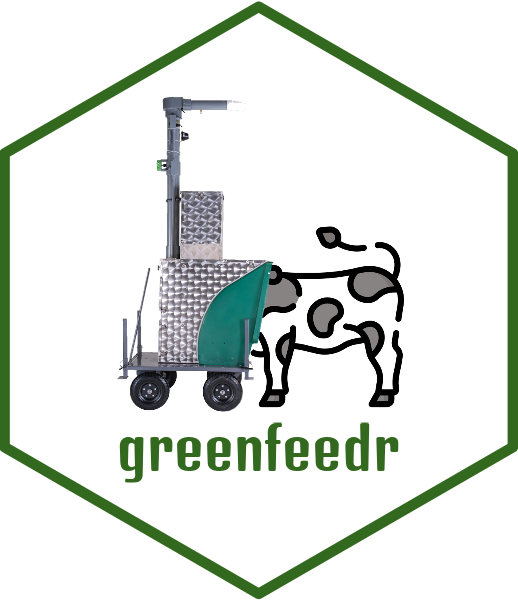
The hardware and bandwidth for this mirror is donated by METANET, the Webhosting and Full Service-Cloud Provider.
If you wish to report a bug, or if you are interested in having us mirror your free-software or open-source project, please feel free to contact us at mirror[@]metanet.ch.

greenfeedr is an R package to easily download, report, and process GreenFeed data.
The package provides tools for:
get_gfdata() downloads GreenFeed data via API.report_gfdata() generates reports of GreenFeed
data.compare_gfdata() compares preliminary and finalized
GreenFeed data.process_gfdata() processes and averages GreenFeed
data.pellin() processes pellet intakes from GreenFeed
units.viseat() processes GreenFeed visits.More information about how to use greenfeedr can be found in Martinez-Boggio et al. (2024).
To install the latest stable release of greenfeedr from
CRAN,
use:
install.packages("greenfeedr")For the development version with the latest updates, install it from GitHub:
install.packages("remotes")
remotes::install_github("GMBog/greenfeedr")library(greenfeedr)Run the ShinyApp directly on your computer with:
greenfeedr::run_gfapp()Learn how to use greenfeedr in different workflows:
If you encounter a clear bug, please file an issue with a minimal reproducible example on GitHub.
For more details, please contact Guillermo Martinez-Boggio.
These binaries (installable software) and packages are in development.
They may not be fully stable and should be used with caution. We make no claims about them.